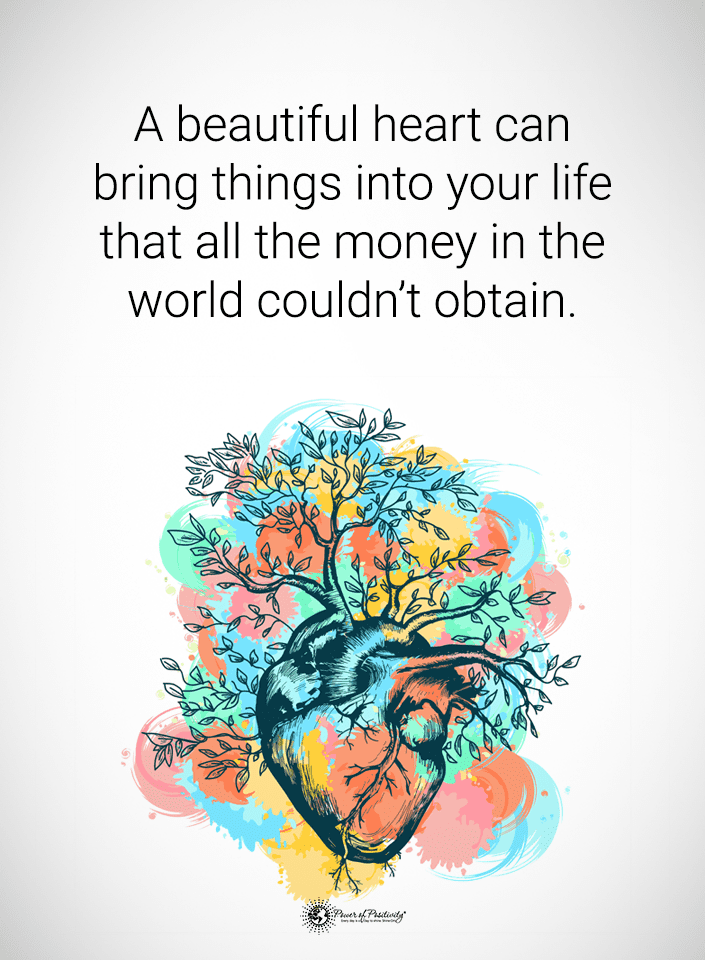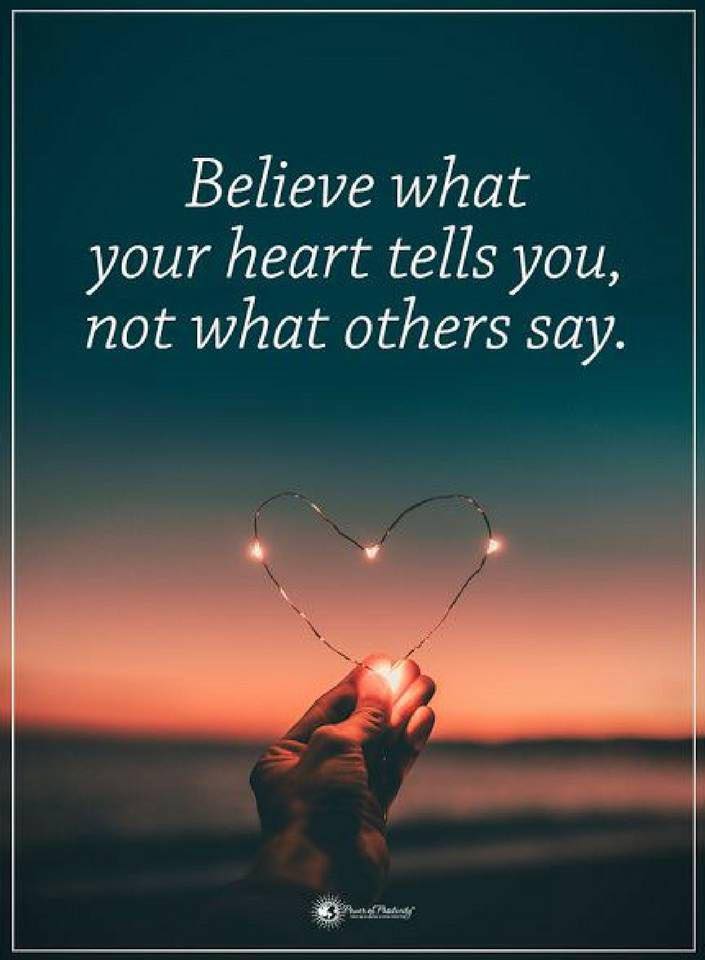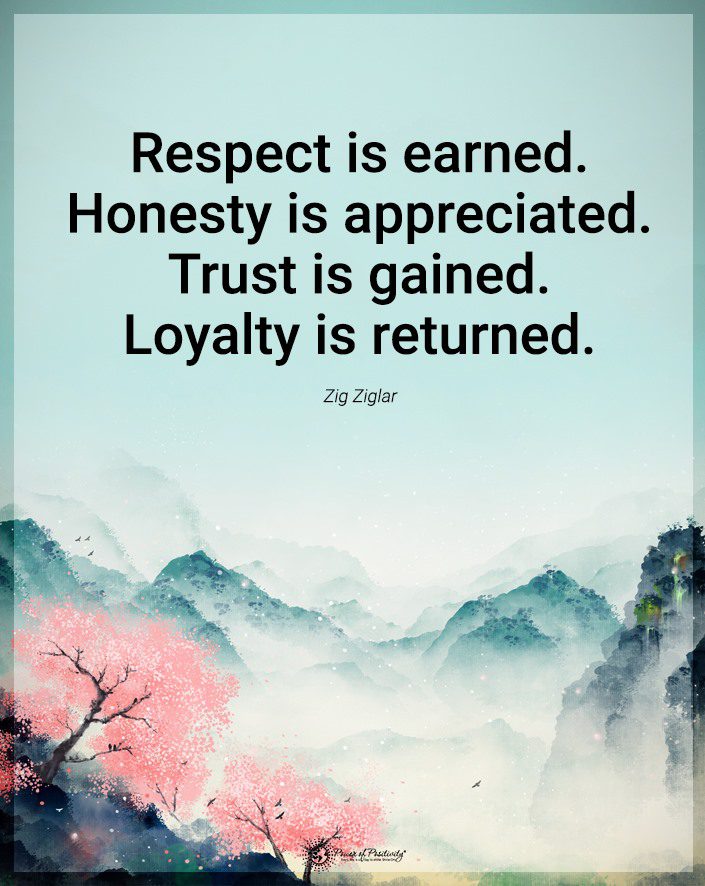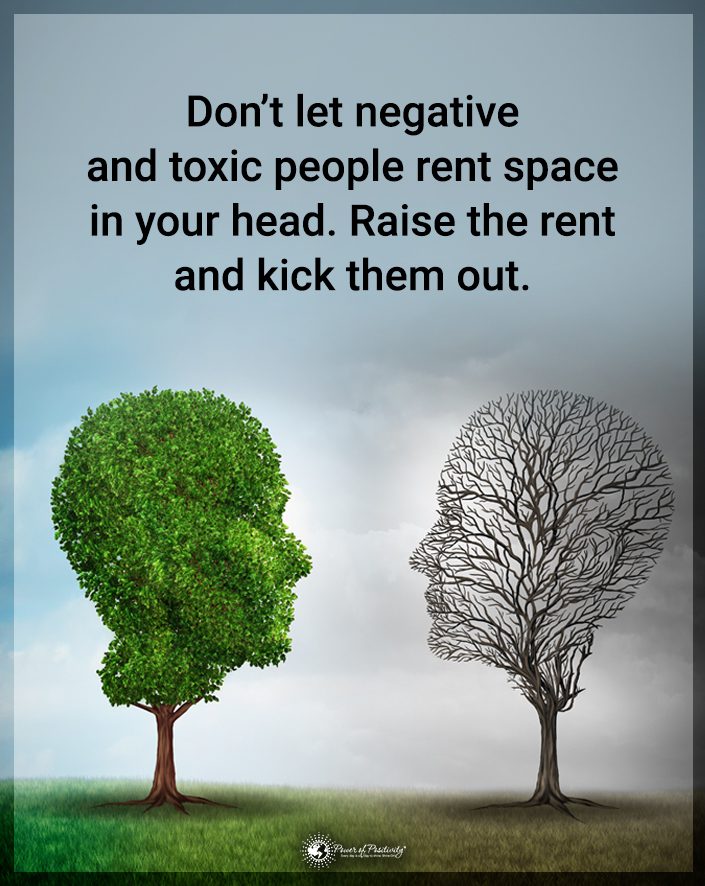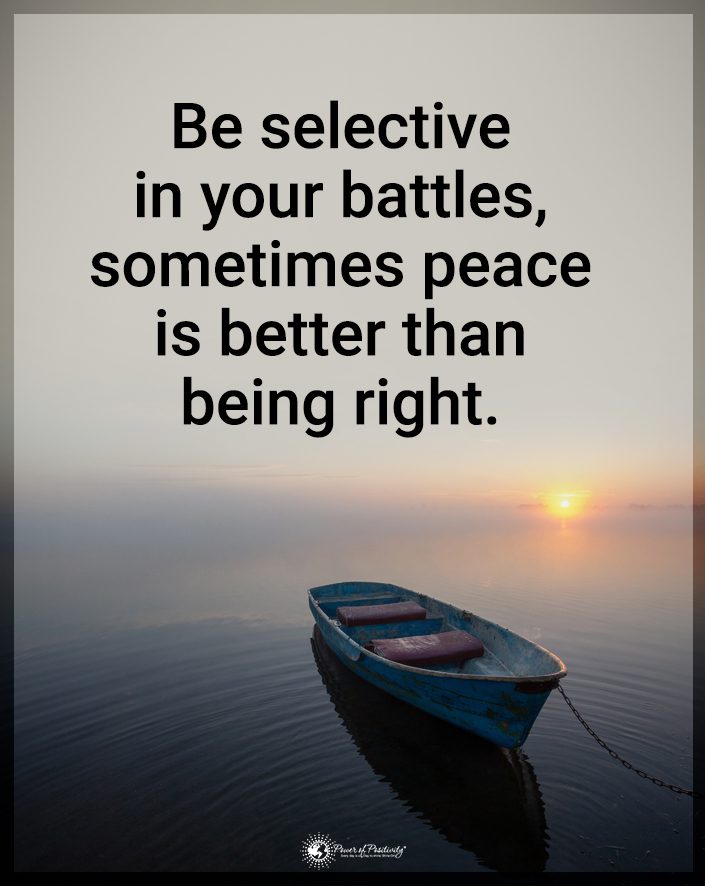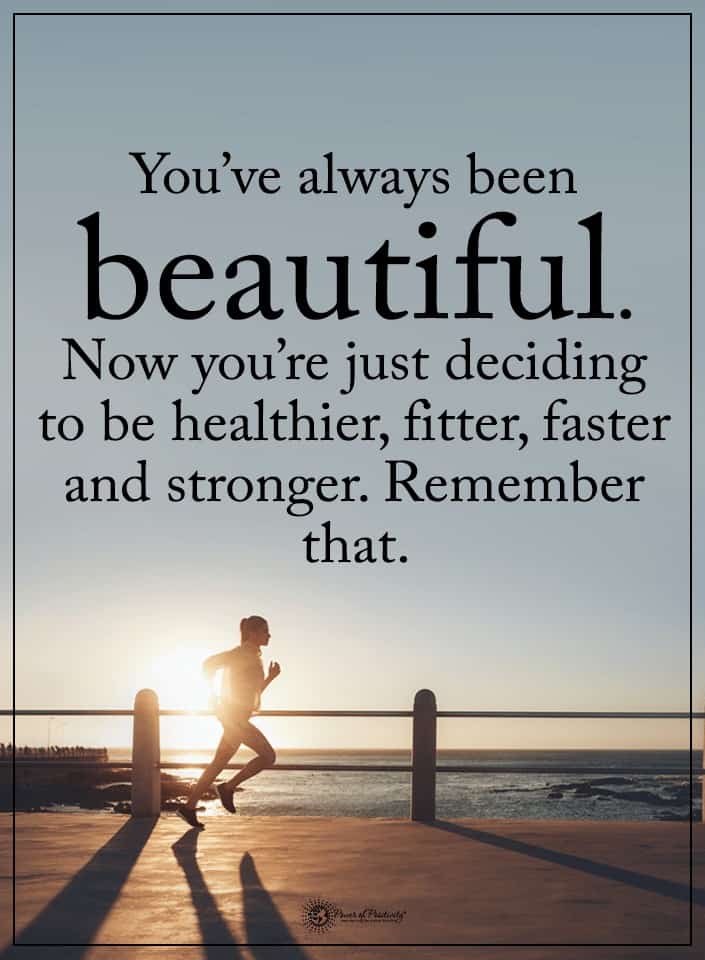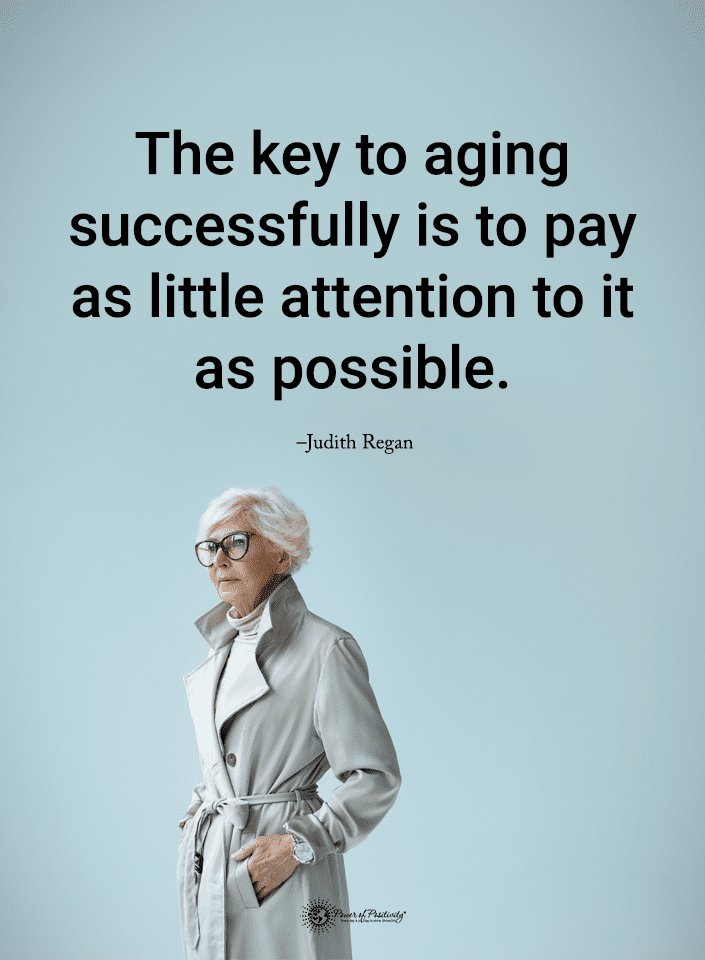Here are twelve traits of unforgettable women.
Have you ever met a woman who left a lasting impression on you, so much so that you still think about her years later? What was it about her that made her so unforgettable? We encounter many people throughout our lives, but some stand out more than others. These unforgettable women often possess certain traits that make them extraordinary, which resonate with us on a deep, almost primal level. These traits aren’t exclusive to any woman; you will never forget how they transcend age, culture, and background, making them universally relevant.
NOTE: If you want to read more about the traits of an unforgettable man, be sure to check out the companion article.
12 Traits of a Woman Most People Never Forget

1 – Compassion and Empathy Emanate From an Unforgettable Woman
Compassion and empathy are like the sun’s warm rays on a cold day – they can thaw the coldest of hearts. A woman who exudes compassion not only feels deeply for others but also acts to alleviate their suffering. It’s in the gentle way she listens to a friend in distress or her willingness to stand in someone else’s shoes, no matter how uncomfortable. These qualities make her a beacon of light in others’ lives.
Consider a teacher who spends extra time with a struggling student, not just instructing but truly understanding their challenges. Or think of a nurse treating her patients with such warmth and empathy that their hospital stay becomes less daunting. These everyday acts of compassion create an enduring memory, painting the portrait of a woman who deeply touches the lives she intersects.
2 – Strength and Resilience are Part of Unforgettable Women
Strength and resilience are like a deeply rooted tree standing firm against a storm. They are about some women’s quiet, unwavering power, enabling them to face life’s adversities head-on and emerge even stronger. It’s not just about physical strength but an inner fortitude that shines through in tough times.
Take, for instance, a single mother who juggles work and family, overcoming challenges with a determination that inspires those around her. Or consider the stories of women leaders who’ve broken barriers and paved the way for others in male-dominated fields. Their resilience isn’t just in achieving goals but also in their ability to bounce back from setbacks with grace and courage. These stories of strength don’t just inspire admiration; they leave a lasting imprint on our minds, shaping how we view and overcome our challenges.
3 – Intelligence and Wisdom Mark a Woman You’ll Never Forget
Though often used interchangeably, intelligence and wisdom are distinct traits that combine to form a powerful duo in unforgettable women. Intelligence is about knowledge, reasoning, and the ability to understand complex concepts. It’s evident in the woman who can speak multiple languages, solve intricate problems, or provide insightful advice. Wisdom, on the other hand, is the application of that intelligence in real-world scenarios. It’s about judgment, perspective, and the lessons learned from experience.
Consider a woman who uses her intelligence to innovate and change her community or workplace. She becomes a force to be reckoned with when she pairs this with the wisdom gained from her experiences. Her decisions and actions, informed by her intelligence and wisdom, bring about positive change and make her a figure of admiration and respect. Such women teach us that while knowledge is powerful, it’s the wise application of this knowledge that truly makes a difference.
4 – Sense of Humor Is Key in a Woman You Won’t Forget
A good sense of humor is like a breath of fresh air in the monotony of daily life. It’s an irresistible trait that can make an unforgettable woman both amusing and deeply attractive. Humor goes beyond just cracking jokes; it’s about seeing the lightness in life, even when things don’t go as planned. It’s about the ability to laugh at oneself, to find joy in the little things, and to spread that joy to others.
In relationships, humor plays a vital role. It acts as a bridge, connecting people through laughter and shared amusement. Think of a woman who can lighten a tense situation with a well-timed joke or a witty remark. Or consider how shared laughter can turn a mundane moment into a cherished memory. This capacity to inject humor into life’s ups and downs enriches her own experiences and those of everyone around her.
5 – Confidence and Self-Assuredness Are Something You Won’t Forget
Confidence and self-assuredness are the armor a remarkable woman most will not forget. They are not about arrogance or ego but a deep sense of self-worth and belief in one’s abilities. In the professional realm, a confident woman stands out. She confidently voices her ideas, tackles challenges head-on, and isn’t afraid to try new things. This kind of confidence is infectious, inspiring others to believe in themselves, too.
Self-assuredness leaves a lasting impression because it’s about being comfortable in one’s skin. It’s the woman who walks into a room and, with her poise and presence, immediately commands respect. She knows her value, which shines through in her actions and words. Far from mere assertiveness, such confidence is a quiet understanding of oneself that resonates deeply with those who witness it.
6 – Passion and Drive Make Remarkable Women
Passion and drive are the fuels that propel an unforgettable woman towards her goals. Passion is intense enthusiasm and love for what one does or believes in. It’s about having a cause, a craft, a pursuit that lights a fire in one’s heart. Drive, meanwhile, is the unstoppable force that pushes her to go after her dreams, no matter the obstacles.
Imagine a woman who works tirelessly for a cause she’s passionate about. Her drive makes her a catalyst for change, inspiring others with her dedication and commitment. Or think of an entrepreneur whose passion for her business idea drives her to overcome challenges and achieve success. These qualities don’t just make her achievements possible; they also make her a source of inspiration for others, showing that anything is achievable with enough passion and drive.

7 – Creativity and Innovation Are Central to Highly Attractive Women
Creativity and innovation are the sparks that make a woman not just memorable but truly extraordinary. Creativity is the ability to think outside the box, to see the world not just for what it is but for what it could be. It’s about originality, imagination, and the expression of unique ideas. On the other hand, innovation is about bringing these creative ideas to life and turning them into practical solutions that improve lives.
Think of a woman who approaches problems with creative solutions, who sees opportunities where others see obstacles. Her innovative mindset allows her to navigate complex situations and devise effective solutions. Whether it’s in art, science, business, or daily life, her creativity and innovation leave a mark. They make her memorable for her ideas and her ability to transform them into tangible, impactful realities.
8 – Kindness and Generosity
Kindness and generosity are traits that weave a tapestry of warmth and care in the fabric of human connections. They are not about grand gestures but the small acts of goodness that leave a profound impact. A woman who embodies these traits is like a nurturing force, creating an environment of support and understanding.
If we look closely, real-life examples of kindness and generosity are everywhere. The woman volunteers her time to help those in need, not for recognition but out of genuine concern. Or consider the neighbor who always has an open door and a willing ear, offering support and help without expecting anything in return. These acts of kindness and generosity speak volumes about her character, leaving a lasting impression on those she helps. They are reminders of the power of simple, heartfelt gestures in making the world a better place.
9 – Authenticity and Honesty Are Traits of Woman You Won’t Forget
Authenticity and honesty are the cornerstones of trust and meaningful relationships. An authentic woman presents herself genuinely, without pretense or facade. Her honesty is about telling the truth and being true to herself and her values. This authenticity supports a deep sense of trust and security in her relationships.
When a woman is authentic and honest, she invites others to be the same. Her straightforwardness is refreshing and rare in a world often shrouded in superficiality. Whether in personal relationships or professional interactions, her genuineness and transparency create a foundation of trust. These traits encourage open communication and deeper connections, as they assure others that they are interacting with someone true to themselves and to them.
10 – Patience and Tolerance Are Something You Will Never Forget
Patience and tolerance contribute significantly to understanding and harmony in relationships. Patience is not just about waiting but about how one behaves while waiting. A patient woman handles situations calmly and thoughtfully, providing a stable presence even in stressful times.
Tolerance, on the other hand, is about acceptance and open-mindedness. It’s about respecting differing viewpoints and ways of life. A woman who embodies tolerance demonstrates a broad-minded approach to life. She understands that diversity in thoughts and beliefs is inevitable and valuable. This patience and tolerance in communication and behavior greatly influence her relationships. They enable her to navigate differences gracefully, fostering an environment of mutual respect and understanding.
11 – Leadership and Influence You Will Never Forget
Leadership and influence are about much more than holding positions of power. It’s about inspiring, motivating, and positively impacting others. An unforgettable woman with leadership qualities does not just lead; she empowers. She inspires others to find their strengths and to believe in their potential.
Influential women are found in all walks of life – from the corporate leader who breaks glass ceilings to the community leader who rallies people for a common cause. Their influence extends beyond their immediate circle; their actions and words often spark change on a larger scale. Such women are role models, showing that leadership is about making a difference, big or small. Their stories and achievements motivate others to aspire and achieve, demonstrating that true leadership is about lifting others as you climb.
12 – Adaptability and Flexibility
In a constantly evolving world, adaptability and flexibility are invaluable traits. An adaptable woman thrives in the face of change, viewing new challenges as opportunities to grow rather than obstacles to fear. Her flexibility allows her to pivot in response to life’s unpredictable twists and turns, making her a resilient and dynamic force.
The significance of adaptability and flexibility lies in their transformative power. Consider a businesswoman who seamlessly shifts strategies to meet the market’s ever-changing demands. Or think of a mother who balances numerous roles, adapting to the needs of her family while pursuing her own goals. Their ability to adjust their thoughts and actions in response to different situations is impressive and inspirational. These qualities make a woman memorable, showcasing a rare combination of strength and grace in navigating life’s uncertainties.
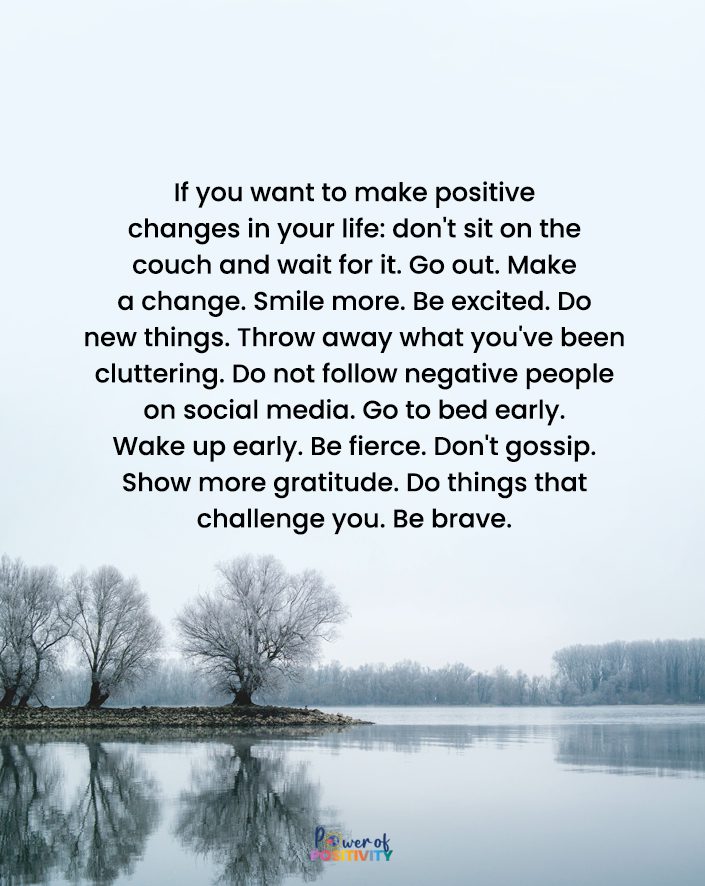
Final Thoughts on the Traits of a Woman You’ll Never, Ever Forget
Throughout this exploration of the traits of unforgettable women, we’ve uncovered a tapestry of qualities that are as diverse as they are profound, from the warmth and empathy of compassion to the quiet resolve of strength and resilience, from the infectious allure of humor to the impactful certainty of confidence and self-assuredness. We’ve seen how passion and drive can fuel remarkable achievements and how creativity and innovation pave the way for new possibilities. The gentle power of kindness and generosity, the foundational trust in authenticity and honesty, and the harmonious balance achieved through patience and tolerance have all been highlighted. Leadership and influence have shown us the power of inspiring others, while adaptability and flexibility remind us of the strength of being open to change.
As we reflect on these traits, we must recognize and value them in the women around us. Whether they are friends, family members, colleagues, or even acquaintances, these women enrich our lives and the world at large with their diverse and remarkable qualities. We will never forget their grace and wisdom. By acknowledging and appreciating these traits, we honor these women and find inspiration to cultivate these qualities in our lives. In doing so, we contribute to a world where women’s strength, wisdom, and beauty are recognized and celebrated.

